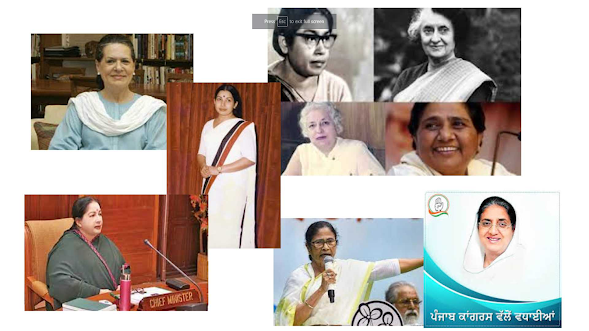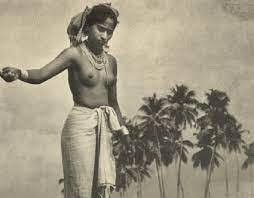Women Politicians Becoming “Politicians”
This week we discussed how pop culture and politics are distinguished in Zoonen’s text “Defamations: Politics as Soap Opera”. Here, we talked about politics and soap operas are seen to be inherently gendered; the former being the space for “the rational, masculine, important, logic, etc.” discourse and the latter being the space of “the emotional, the unnecessary, entertainment, feminine.” This took me back to the intentionally spiced-up stories I read as a kid in Indian newspapers. It specifically made me think about the stories I have heard about different women politicians in the Indian newspapers and the language used to frame these stories.
These women are expected to “act like men” in order to be seen as a good politician. I want to focus on two aspects in which the women politicians are de-sexualised, i.e., removed from their “feminine” qualities in order to be seen as more fitting for the political “masculine” roles. They are supposed to give up their gender and act “neutrally” in order to make the important, rational decisions for the public.
This can be seen happening in at least the following two ways:
1. The way they are addressed or nicknames
2. The women politician’s clothing
Most women politicians in India get nicknames such as Didi, Amma, Behenji, Maata, which literally translate to different versions of grandmother, mother, elder sister. When the public sees these women as mother or sister figures, it is supposed to help them to see them as people of equal status, respect them and their decisions. Whereas, according to this reasoning, no one would care about what a young, attractive woman has got to say about the state of the country. These names are supposed to be seen as an attempt to de-sexualise these politicians in order for the public to see them as the logical people responsible for making rational decisions for the society. Instead of being some kind of irrational, emotional, flimsy characters who exist for entertainment.
Secondly, the women politicians in India are seen in very particular kinds of clothing. These women politicians are seen in plain colors like white or pastel colors, very basic footwear without any heels, tied hair, almost no make-up, without any conventionally feminine accessories. It shows that conscious effort is being put into fitting into the position of a “politician” and step away from the roles of “women” and even from the “women politician”. One wonders how much of it is their choice to dress a certain way and how much is their choice influenced by the society’s expectations of a “rational politician”.
One is left with many questions like: What about genuine femininity in politics? Is there just no space for it? When will ‘feminine politics’ stop being an oxymoron in daily life conversations?




Comments
Post a Comment